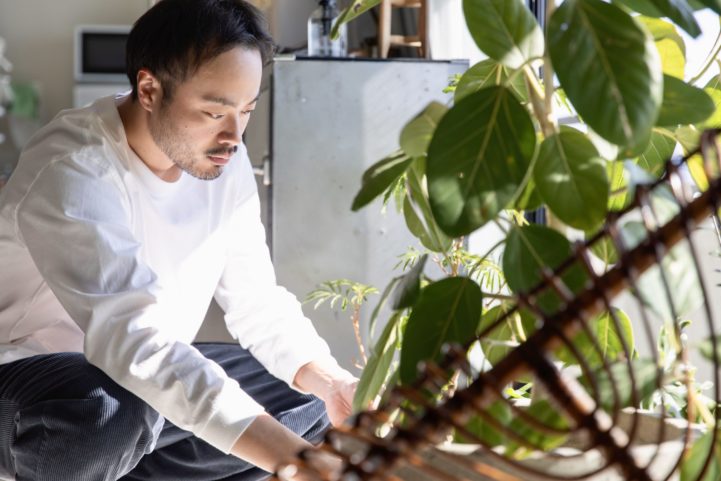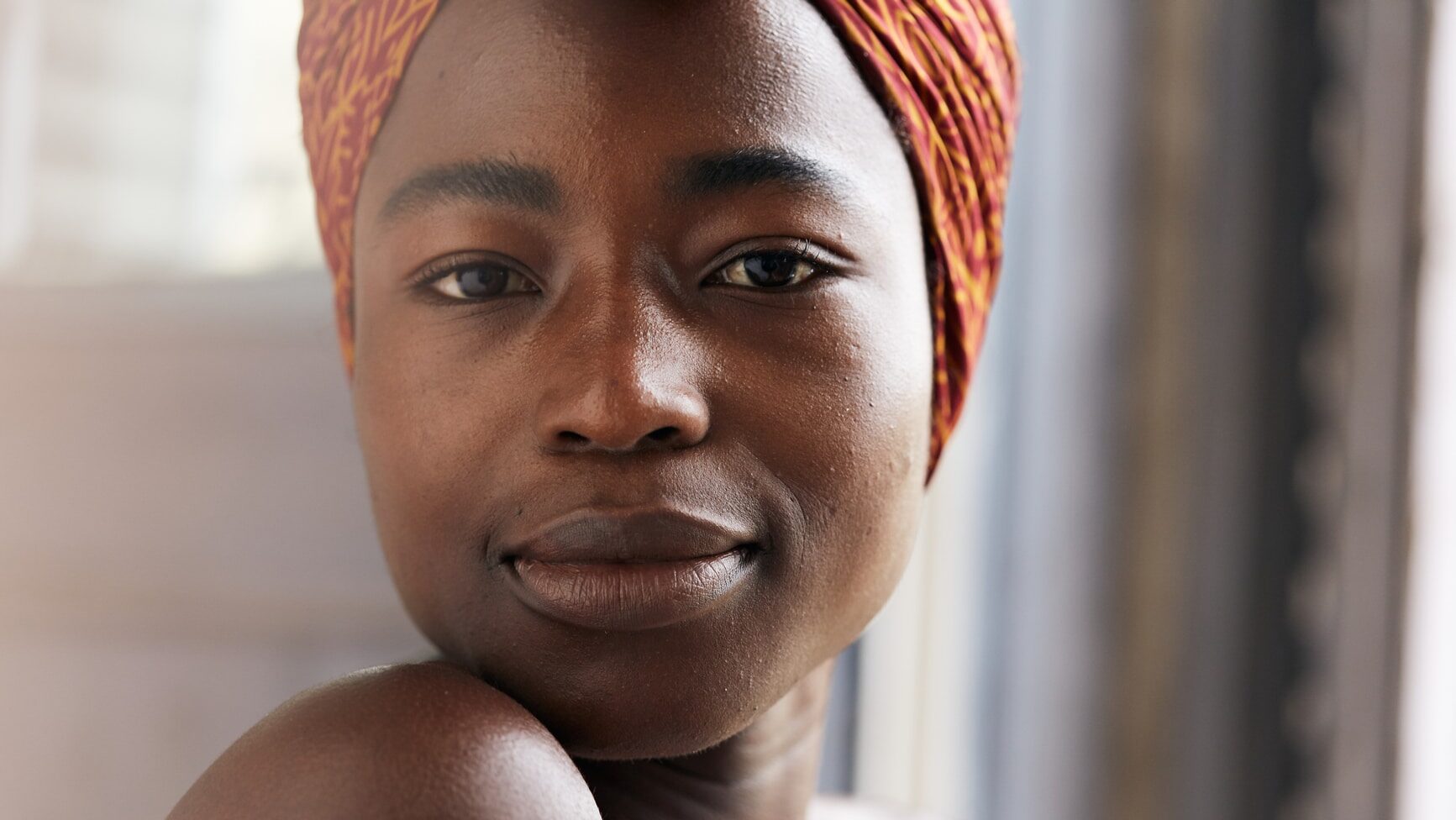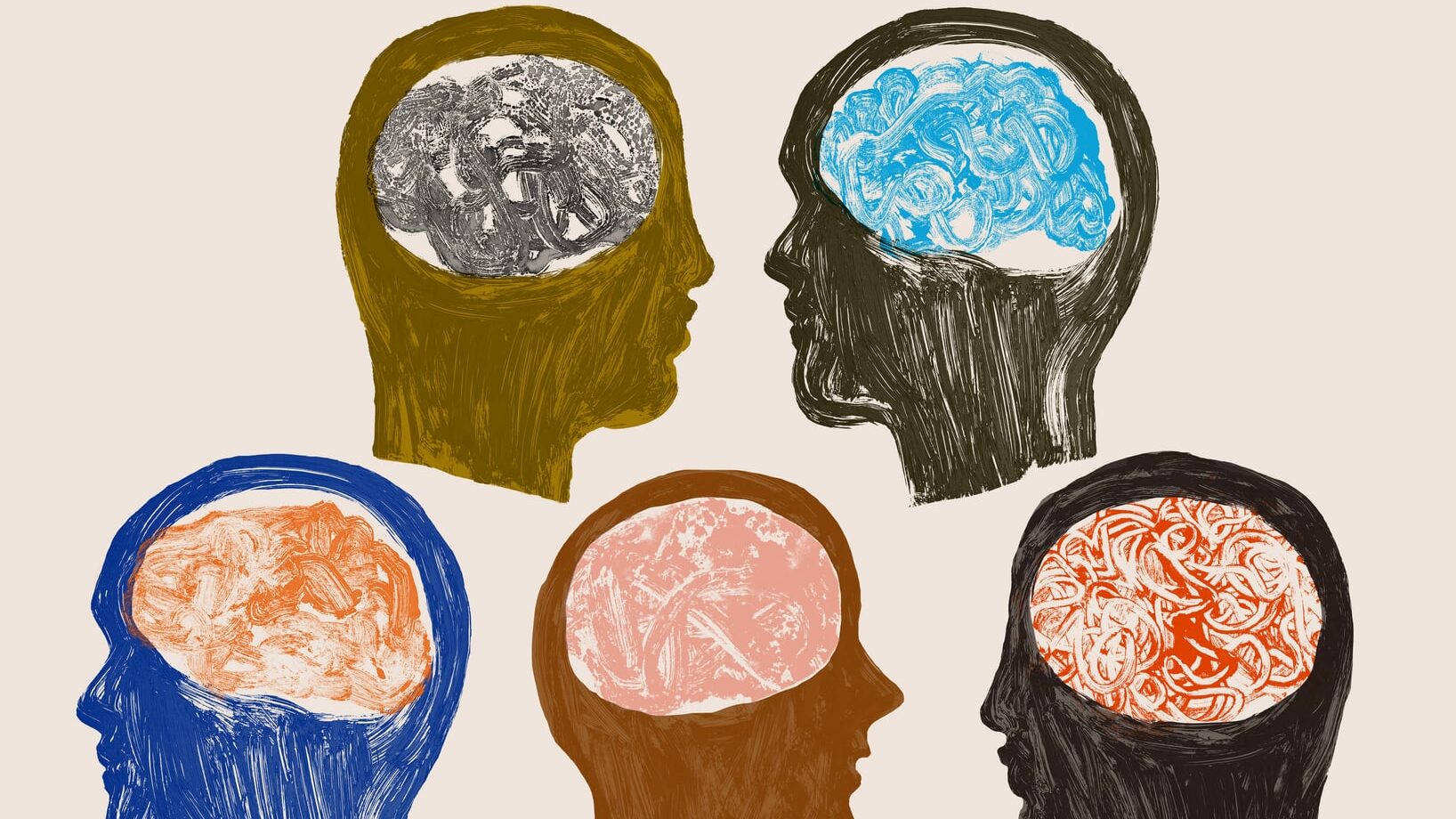Self-Care for Asian Americans and Pacific Islanders Amid Racial Trauma

Over the past year, we’ve witnessed and experienced multiple instances of social injustice and unrest, reflecting long-standing systemic racism and oppression. Most recently, we have seen a disturbing surge in violent acts targeting Asian Americans and Pacific Islanders.
Racists and xenophobes have been emboldened to discriminate against, attack, and act violently toward Asian Americans and Pacific Islanders, using the origin of the first reported case of COVID-19 and the resulting narrative as an excuse for persecution. These acts are reprehensible, and Lyra stands with Asian Americans and Pacific Islanders to condemn these racist attacks.
These attacks may be causing you, your friends, and family members stress, trauma, and grief. During these challenging times, self-care matters.
According to Thema Bryant-Davis, PhD, associate professor of psychology at Pepperdine University, race-based traumatic stress can be defined as “an emotional injury that is motivated by hate or fear of a person or group of people as a result of their race (or racism) that can:
- Overwhelm a person’s capacity to cope;
- Cause bodily harm or threatens one’s life integrity; and
- Cause fear, helplessness, or horror.”
As shared in a blog post on self-care last year by Dr. Andrea Holman, associate professor of psychology at Huston-Tillotson University, chronic stress is linked to myriad physical health conditions, including but not limited to hypertension (high blood pressure), heart disease, weight irregularities, stroke, high blood sugar (type 2 diabetes), and high cholesterol.
In other words, self-care and coping in adaptive and healthy ways is critical to protecting, and even prolonging, our lives. So, what does it mean to engage in self-care?
Self-care is NOT:
- Self-indulgence
- A rationale for reckless or impulsive behavior
- Justification for poor choices or disengagement from the world around you
- “Psychobabble” from your psychologist
- A leisurely life of pedicures and movies
Self-care IS:
- Awareness and attunement to your internal and external needs and wants
- The ability to act on this awareness in ways that preserve and/or improve your mental, physical or emotional state
- Acting in ways that promote healthy boundaries for yourself and others
Five tangible tools for self-care
Holman shares five tools you can turn to for self-care when experiencing racial stress.
1. Increase awareness of your internal states
Accordingly to Sara Yap, psychologist and clinical quality lead at Lyra Health, Asian Americans and Pacific Islanders may receive implicit messages that they are not allowed to feel strong emotions or shut emotions out in general; however, it is important to recognize that our emotional states can be a way for our bodies to tell us what we need and how to respond in turn.
Since you cannot care for emotional states of which you’re unaware, it’s essential to take the time to check in with yourself, scan your body, and reflect on your emotional and physical states. Monitor the parts of your body you know tend to hold stress (such as tension in your shoulders) and simply notice when and where that occurs. Allow time in your schedule to sit with and label your emotional states so you can better respond to them.
2. Exercise the power to choose
Remember that you have complete power and agency to choose whom you confide in and with whom you interact. Know that you also have the power to choose how much media you consume. Unapologetically turn off the television or log off of the internet for however long you need to manage your stress.
3. Consider the freedom to “culturally turtle-shell”
Choose to seek support from and engage in places and spaces that are physically safe, familiar, and culturally congruent. Some examples of this may include:
- Staying at home with family
- Consuming some of your favorite, most comforting media
- Not engaging with requests to talk
- Organizing virtual hangouts with those who share your racial identity and any other identities that are important to you
- Engaging in events related to social justice
- Prioritize self-protection as a means of self care, including:
- Traveling in groups/limiting time commuting in isolation
- Sharing your location with family and friends via your smart phone
- Informing people of where you are, where you’re going, what you are doing and when you plan to be home
- Avoiding certain places and spaces in the city in which you live that may pose higher risk of threat and harm due to a history of violence toward your racial/ethic group
Yap says that coping strategies for Asian Americans and Pacific Islanders have historically been rooted in fear and silence, and suggestions for self-care may stir up these feelings and experiences. She notes that it’s important in this context to remember that self-care is self-empowerment, and taking measures to prioritize safety is a valid way to care for your mental and physical well-being.
4. Tackle the self-care trifecta
There’s a reason you keep hearing about the importance of sleep, diet and exercise–addressing this self-care trifecta can make a world of difference for your mental well-being. Treat your body well; nourish it like it was made on purpose and with purpose.
5. Give yourself permission to say, “This is too much”
Allow for days and times when your internal state brings tough, exhausting feelings and responses. Know that you have permission to not always make the best, most rational choice. While it could be labeled “unhealthy”, it could also be called “realistic” or “human.” Eat the donut. Don’t work out for a day or two. Choose not to engage in a shame spiral if you occasionally exhibit behaviors that just help you get through the day.
Secondly, remember that you also have permission to decline invitations to places and spaces that would feel ostracizing, potentially micro-aggressive, or unsafe. Given the complex nature of racial injustice and illness anxiety during the current pandemic, you have permission to say no to group gatherings or protests in service to your individual stress and comfort level. You can also choose to decline invitations for no other reason than that you simply don’t want to go.
6. Engage in therapeutic practices, including therapy itself
Fight the lie that mental health care services are not for Asian Americans and Pacific Islanders. Beyond that, engage in practices that feel nourishing, refreshing, and healing to you. There are many daily activities that can feel therapeutic, from journaling or spending time outside to cooking or prayer. This also may mean finding support in family, friends, or community leaders who feel safe to confide in, says Yap.
Unsure where to start? Sit and reflect (make a list if it’s helpful) on the things you find most fulfilling and enjoyable. The Simple Habit meditation platform, which was founded by a member of the Asian American and Pacific Islander communities, may also be a helpful resource.
_____
Lyra remains committed to being a safe and inclusive place by taking actions to more deeply integrate anti-racism across our company. As originally shared in 2020, here is how Lyra is defining our vision for the future.
CONTACT US
If you’d like help connecting with a therapist or mental health coach, Lyra can assist you. You can get started today if Lyra is offered by your employer. Sign up now.
If you’re a mental health professional and want to explore joining the Lyra network, learn more about how we work with providers and apply today.
And check in frequently here or follow us on Facebook, LinkedIn, and Twitter for more insights into optimal well-being.
DISCLAIMER:
The content of this blog is not intended to be a substitute for professional medical advice, diagnosis, or treatment.
Prioritize your emotional well‑being.
Join Lyra today

